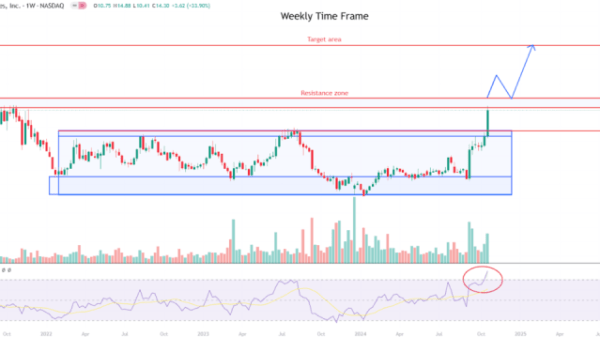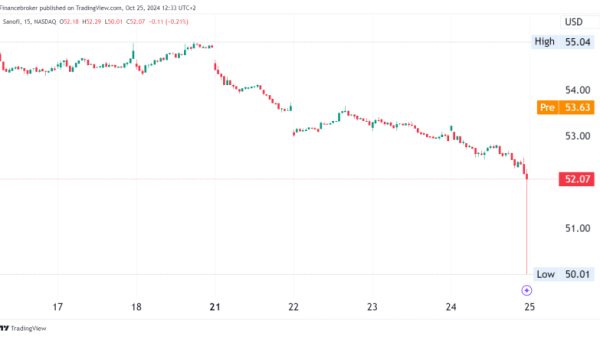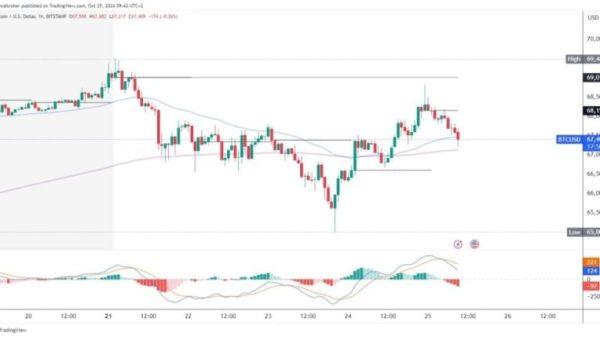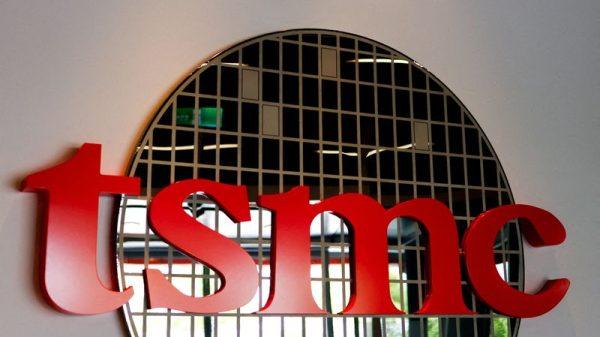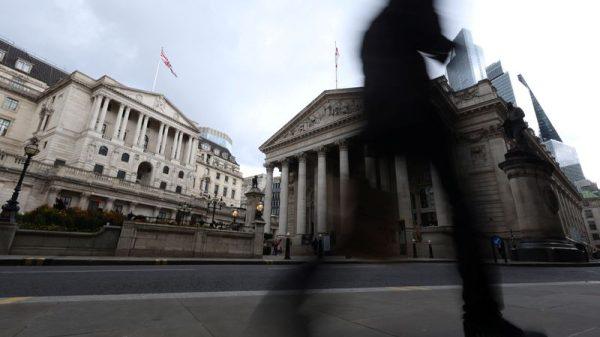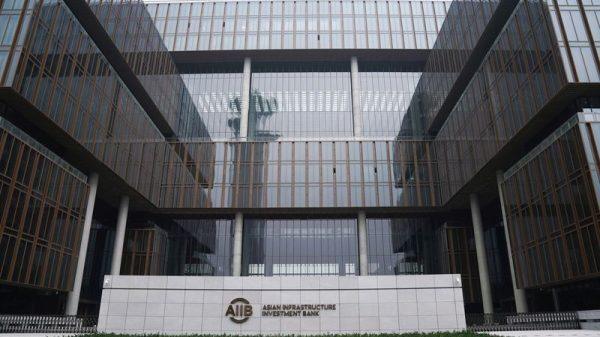By Francesco Canepa and Balazs Koranyi
FRANKFURT (Reuters) – The European Central Bank is likely to lower interest rates again on Thursday, arguing inflation in the euro zone is now increasingly under control and the economy is stagnating.
The first back-to-back rate cut in 13 years would mark a shift in focus for the euro zone’s central bank from bringing down inflation to protecting economic growth, which has lagged far behind that of the United States for two years straight.
The latest economic data is likely to have tilted the balance within the ECB in favour of a rate cut, with business activity and sentiment surveys as well as the inflation reading for September all coming in slightly lower than expected.
In the wake of the releases, a number of ECB speakers including President Christine Lagarde have flagged that a fresh cut in borrowing costs is likely this month, leading investors to fully discount the move.
“The trends in the real economy and inflation support the case for lower rates,” Holger Schmieding, an economist at Berenberg, said.
A quarter-point cut on Thursday would lower the rate that the ECB pays on banks’ deposits to 3.25% and money markets almost fully price in three further reductions through March 2025.
Lagarde and colleagues are unlikely to drop clear hints about future moves on Thursday, repeating their mantra that decisions will be made “meeting by meeting” based on incoming data.
But most ECB watchers think the die is cast for cuts at every meeting.
“The implicit signal is likely to be that another cut is very likely in December unless the data improve,” Paul Hollingsworth, an economist at BNP-Paribas, said.
INFLATION AND GROWTH
The ECB can finally claim it has all but tamed the worst bout of inflation in a generation.
Prices grew by just 1.8% last month. While inflation may edge above the ECB’s 2% target by the end of this year, it is expected to hover around that level or even slightly lower for the foreseeable future.
Yet the economy has had to pay a high price for that.
High interest rates have sapped investment and economic growth, which has struggled for nearly two years. The most recent data, including about industrial output and bank lending, is pointing to more of the same in the coming months.
An exceptionally resilient labour market is also now starting to show some cracks, with the vacancy rate – or the proportion of vacant jobs as a share of the total – falling from record highs.
This has fuelled calls inside the ECB for easing policy before it is too late.
“Now we face a new risk: undershooting target inflation, which could stifle economic growth,” Portuguese central banker Mario Centeno said recently. “Fewer jobs and reduced investment would add to the sacrifice ratio already endured.”
The issue is that some of that weakness is due to structural problems, such as the high energy costs and low competitiveness hobbling Europe’s industrial powerhouse, Germany.
These cannot be fixed through lower interest rates alone although they can help at the margin by making capital cheaper.
“We cannot ignore the headwinds to growth,” ECB board member Isabel Schnabel said. “At the same time, monetary policy cannot resolve structural issues.”

